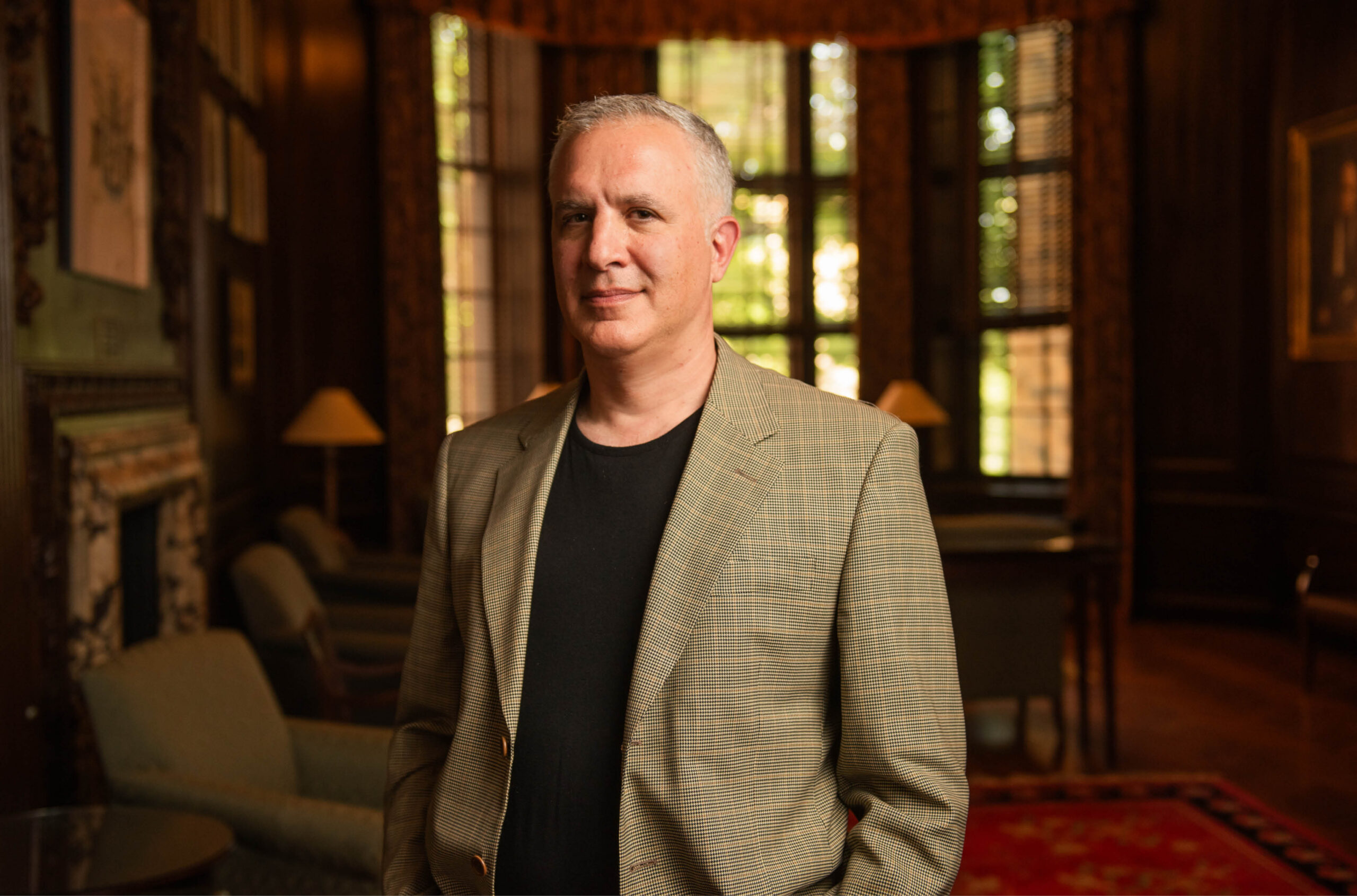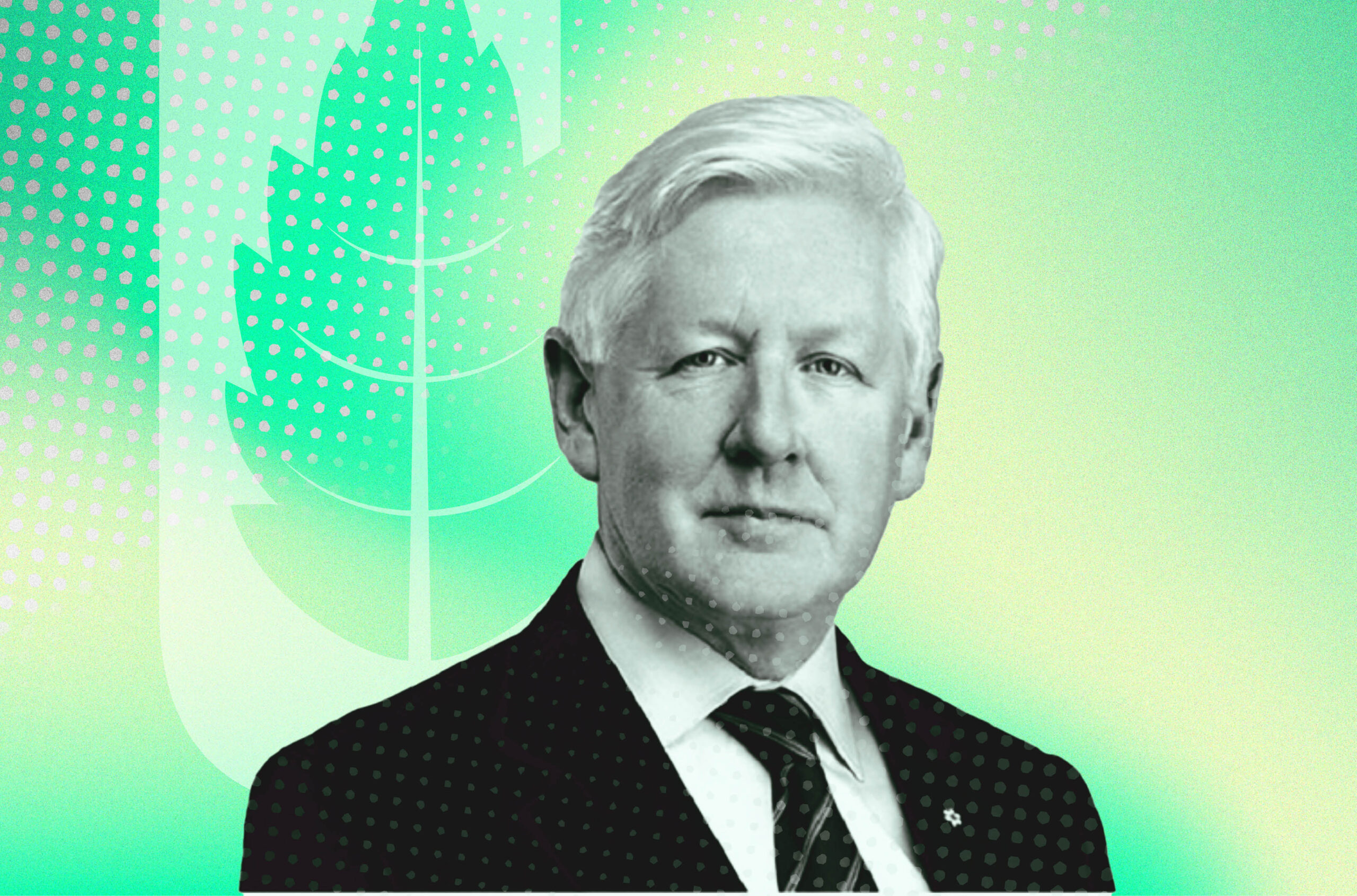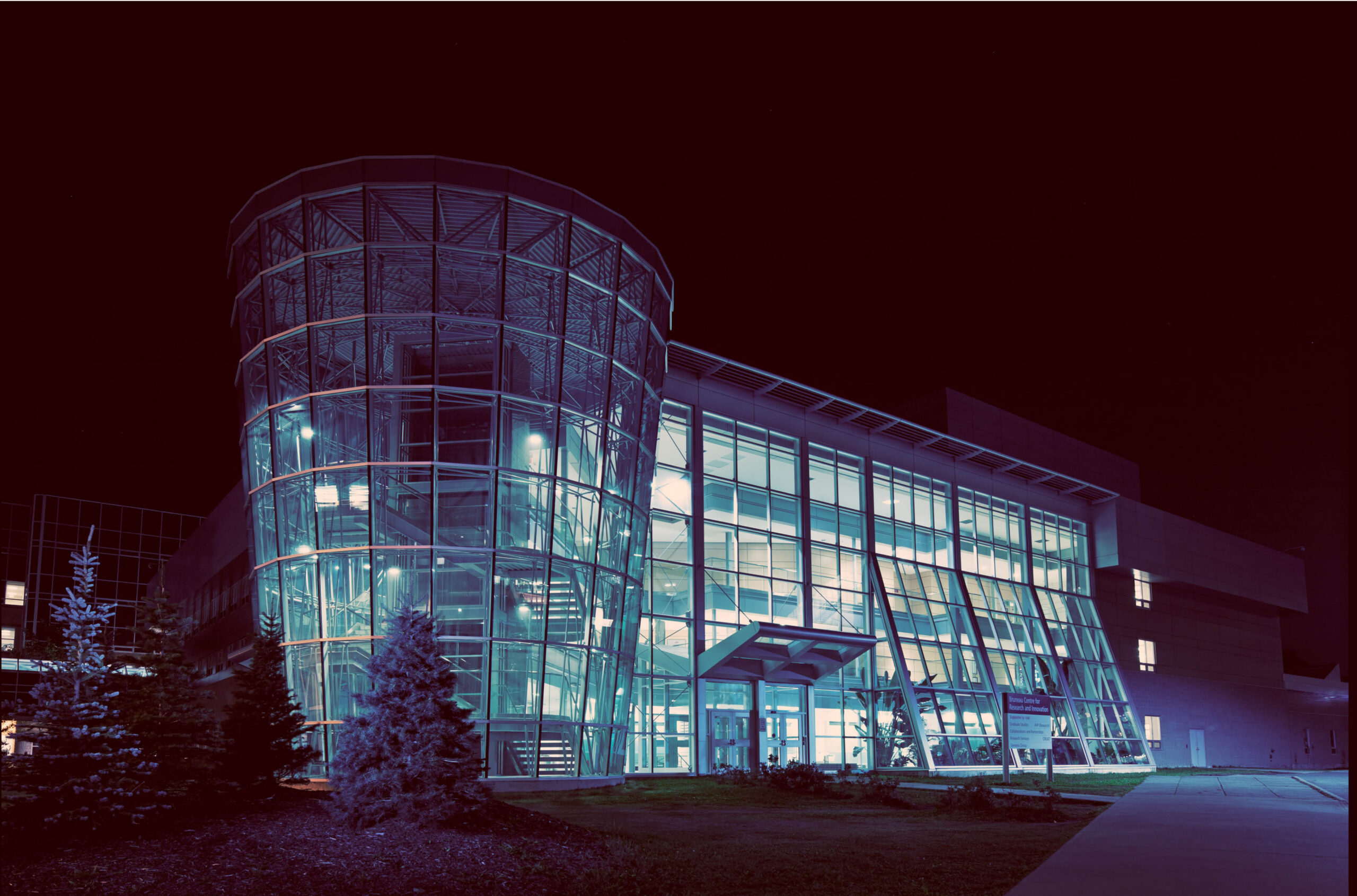The escalating challenges of university leadership
Why attracting talented and dedicated leaders is more important than ever.

The consequences of the underfunding of the Canadian higher education sector has particular import for those who lead our academic institutions at such a difficult time. But financial woes are only one part of a tsunami of challenges faced by today’s university leaders. As a former Canadian university president and author of Leadership Under Fire: The Challenging Role of the Canadian University President, I am only too aware that the job is much more complex and difficult than it was when I was in the position 16 years ago. Among the multitude of factors contributing to the difficulties facing today’s leaders are the following:
- The omnipresence of social media has exacerbated the displacement of goals for university leaders who are expected to respond daily to the latest hot issues. The danger is that they become preoccupied with short-term concerns, firefighting rather than working in the long-term best interests of the institution. Social media also tend to personalize issues in ways that increase divisions on campus, pushing for individual reactions on an endless range of topics, raising levels of conflict, personal stress and political polarization, undermining university leadership in the process.
- Universities and their leaders are increasingly being held responsible for issues over which they have little or no control. Leaders who should be most concerned about the quality of teaching, student support and research and the long-term identity of their institutions are spending an inordinate amount of time dealing with mainstream media issues that deflect from their primary roles and responsibilities. They have been particularly under fire for taking (or not taking) clear positions on the Middle East crisis, notwithstanding that expecting a university to take partisan political stands is contrary to its fundamental mission of seeking the truth in a climate unfettered by ideology or political interference.
- University leaders are also responsible for working to ensure increased equity, diversity and inclusion (EDI), providing new opportunities and support for First Nations, Métis and Inuit students, responding to climate change and taking issues of student mental health and drug addiction much more seriously. These initiatives require significant investment in administrative and non-academic staff, magnifying the financial squeeze.
- The federal government’s pivot on international students has significantly exacerbated the financial crisis on most of our campuses. But this is more than a financial issue – the diversity and talent that so many bring from all over the world has been a critical factor in the success of our universities and colleges and the loss of credibility of higher education in Canada for those in other countries may take a long time to recover.
- The current climate of rapid and complex change has a significant impact on faculty workloads, sometimes leading to resistance to change that further complicates institutional leadership roles. The huge new force of artificial intelligence, with both its potential benefits and threats, will contribute further to the pace and significance of change, always the greatest of leadership challenges.
- This dynamic environment has inevitably raised questions as to the role and purpose of universities in today’s society. Canada already has a well-established community college and polytechnic sector which complements our universities in developing requisite skills for employment. However, the trend towards education as job preparation is being reinforced by the rise of political populism in many countries, including Canada. This can be associated with a distrust of elites and increasing criticisms of the social sciences and humanities, potentially undermining the development of such critical skills in preparing students for the workforce as critical thinking, creativity, reason, compassion and the ability to work well with others.
In Canada, and elsewhere, we have already seen the impact of these pressures and challenges on the success and longevity of university leaders. As has been well documented, it is increasingly difficult to attract people to university presidencies, terms are shorter and turnover is greater.
Canadian universities have overwhelmingly recruited their presidents from within the academy and some have suggested that bringing in people with experience in the private sector or other jurisdictions might bring value to our higher education system. However, the academic culture is strong and, even if the local culture of a particular institution needs to change, it still requires leaders who understand prevailing structures and processes before they try to change them. This strengthens the case for grooming future leaders internally so that new appointees can hit the ground running, a private sector practice that has been fairly rare in our public institutions until recently.
The enormity of the challenges cannot depend on a single leader alone, however. A president’s accountability to boards, senates, students, faculty and staff, alumni, communities and many other stakeholders requires leadership that works collaboratively with everyone to forge consensus on the key long-term issues. This includes working to forge specific identities for their institution that differentiate it from the competition, building on its core strengths and providing appropriate services to its primary community catchment area. Leaders must work hard to oppose current trends to polarizing politics and to develop a strong consensus around institutional missions, processes and strategic directions. Especially where some of these threaten particular constituencies, they require leaders who are courageous, steadfast and patient, those who focus on the long-term best interests of their institution.
While advertisements for presidential positions usually seek candidates with an impossible range of academic and management skills and experience, the following characteristics are particularly important for leadership in today’s environment:
1. Thoroughly understanding and knowing how to work through an embedded academic culture, respecting its best characteristics and working to change it where it gets in the way of institutional success.
2. Having a high tolerance for ambiguity, especially for burning social issues over which leaders have very little control.
3. Being naturally open and consultative but with the self-confidence to take the requisite tough decisions.
4. Seeing one’s role as change agent while appreciating the importance of allowing time for consolidation after the more frenetic transformative periods.
5. Understanding the critical importance of building a skilled and diverse leadership team and delegating authority and responsibility in a manner that reinforces the effectiveness and cohesion of the entire team.
6. Being technologically literate and fearless in realizing the right technological mix for their institution.
7. Being lifelong learners who embrace continuous professional development for themselves and everyone else in the institution.
The more I reflect on the challenges facing today’s university leaders, the more empathy I have for them and the greater my appreciation of those who are performing well in such a turbulent landscape. A strong higher education sector is critical to Canada’s future and we need to do all we can do to continue to attract talented and dedicated leaders to our institutions and to recognize that the appointment of a president, for example, is only the first step for a board of governors. Once an appointee is in place, it is in the best interests of everyone in the community to do everything possible to help the new leader succeed.
* This article is based on “University leadership in the digital age: Challenges, opportunities and critical actions,” Paul, Ross, published in Journal of Open, Distance and Digital Education, 2024.
Featured Jobs
- Anthropology of Infrastructures - Faculty PositionUniversité Laval
- Soil Physics - Assistant ProfessorUniversity of Saskatchewan
- Engineering - Assistant Professor, Teaching-Focused (Surface and Underground Mining)Queen's University
- Director of the McGill University Division of Orthopedic Surgery and Director of the Division of Orthopedic Surgery, McGill University Health Centre (MUHC) McGill University
- Canada Impact+ Research ChairInstitut national de la recherche scientifique (INRS)















Post a comment
University Affairs moderates all comments according to the following guidelines. If approved, comments generally appear within one business day. We may republish particularly insightful remarks in our print edition or elsewhere.